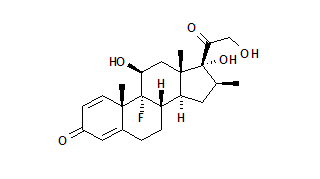The aim of this study was to determine psoriasis patients' preferences for a topical therapy. Focus group sessions were conducted to determine patient perceptions of advantages and disadvantages of different topical therapies currently available for the treatment of psoriasis. Twenty subjects were asked to test and rate 6 different topical corticosteroid vehicles: diflorasone diacetate (Psorcon) emollient, betamethasone valerate (Luxiq) foam, betamethasone diproprionate (Diprolene) ointment and gel, and clobetasol propionate (Cormax) solution and cream. Subjects were asked to assess the effects of the vehicles on quality of life (QOL) and their preference for each vehicle. In addition, patients were asked to score their perception of the importance of thirteen topical treatment characteristics of vehicle application and usage.
Solution and foam preparations were preferred over cream, gel, and ointment preparations (P < .01). There was no difference in vehicle preference during daytime versus nighttime use. Patients reported side effects to be the most important of the 13 topical treatment characteristics assessed for adherence and QOL.
Patient preferences for a particular vehicle may influence adherence and therefore overall efficacy. The findings presented suggest that patient preferences for certain vehicles should be considered when considering which topical product to use in the treatment of psoriasis.
Housman TS, Mellen BG, Rapp SR, Fleischer AB, and Feldman SR. Patients with Psoriasis Prefer Solution and Foam Vehicles: A Quantitative Assessment of Vehicle preference. Cutis 2002 Dec; 70(6):327-332.
COPYRIGHT 2003 Journal of Drugs in Dermatology
COPYRIGHT 2003 Gale Group



